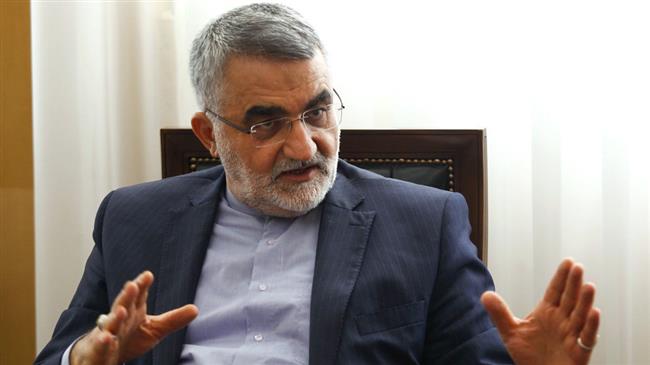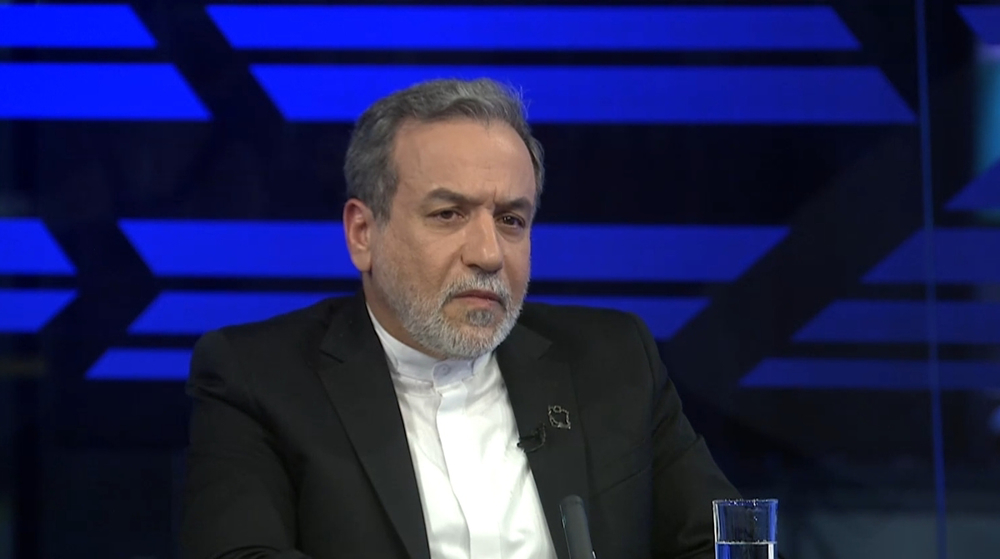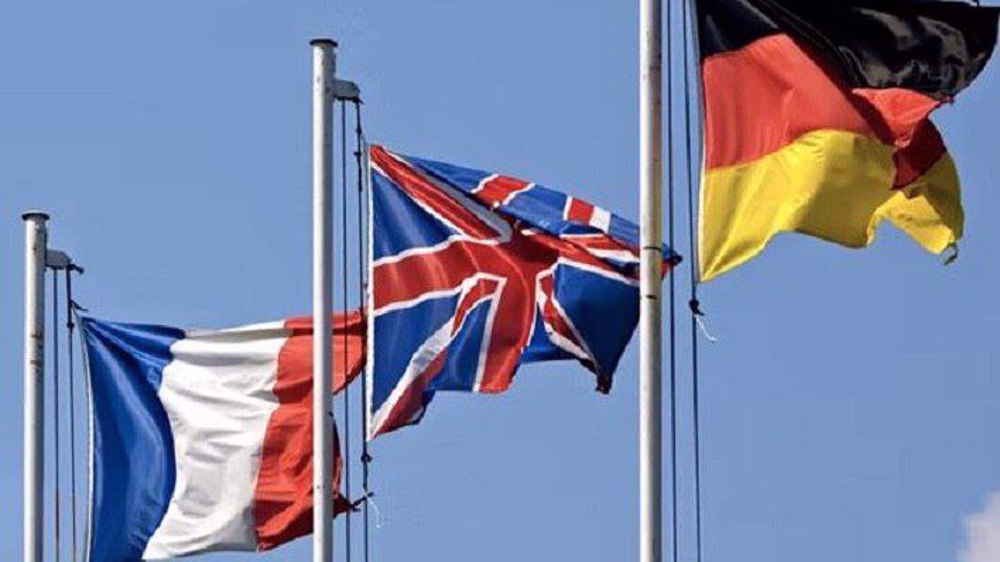Iran will quit nuclear deal if sanctions re-imposed: Lawmaker
A senior Iranian lawmaker says the Islamic Republic will definitely walk away from the landmark nuclear deal it signed with the P5+1 group of countries in 2015 if the United States re-imposes sanctions on Tehran.
"The most important objective of the JCPOA (the nuclear deal, officially known as the Joint Comprehensive Plan of Action), was the lifting of sanctions," Chairman of the Iranian Parliament's Committee on National Security and Foreign Policy Alaeddin Boroujerdi said on Saturday.
“If … sanctions are re-imposed on Iran, we definitely will not remain in the JCPOA," he added.
The US ambassador to the United Nations, Nikki Haley, said on Thursday that Washington would probably get out of the Iran nuclear deal and re-impose sanctions on the Islamic Republic.
She accused Iran of supporting terrorism and violating the terms of the JCPOA and said Europeans were closing their eyes on this, but added that the US would not do so.
The Iranian lawmaker rejected Haley's comments that Tehran would not pull out of the JCPOA because it intended to continue trade ties with European countries and said the US envoy should not make decisions for Iran.
In her Thursday lecture at Duke University, in Durham, North Carolina, Haley said, "The Europeans stay in the deal. Fine. They can have it. We can put our sanctions back on. Iran is not going to get out of that deal. They want the trade with the Europeans. They want to keep the $100 billion that they have. They are not going to leave, but we don’t have to be a part of it.”
Boroujerdi further emphasized that Iran made decisions based on its own national interests.
He said if sanctions were set to be re-imposed on Tehran after a possible US withdrawal from the nuclear deal, Iran’s remaining in the JCPOA would not secure the country's objectives.
The senior legislator emphasized that Iran would maintain its ties with European countries as long as mutual interests existed.
US President Donald Trump on January 12 reluctantly agreed to waive sanctions against Iran that were lifted as part of the landmark deal, but said it would be the last time he issued such a waiver unless conditions were met.
The US president once again threatened to withdraw from the nuclear deal if some "disastrous flaws" were not fixed.
Trump said he wanted America's European allies to use the 120-day period before sanctions relief again came up for renewal to agree to tougher measures and new conditions, otherwise Washington would pull out of the deal.
German Chancellor Angela Merkel in March warned Israeli Prime Minister Benjamin Netanyahu, a staunch opponent of the Iran deal, against serious repercussions of a US decision to pull out of the multilateral agreement, saying such a move would plunge the Middle East into war.
Merkel said the US and Israel would clash with their Western allies should Trump withdraw his country from the nuclear agreement.
Earlier in March, Iranian Foreign Minister Mohammad Javad Zarif also warned the US against the "painful mistake" of pulling out of the 2015 Iran nuclear agreement.
"Considering what has been envisaged in the JCPOA in the field of research and development and the Islamic Republic of Iran's continued measures to develop its peaceful nuclear capability, if the US makes the mistake of exiting the JCPOA, it will definitely be a painful mistake for the Americans," Zarif said.
Read more:
'Capitulation': Israeli officials and media concede Gaza defeat as truce unfolds
'Gaza has won': Social media users react to ceasefire with mix of relief, joy
Iran seeks South Korea’s assistance for AI, fiber-optic projects
VIDEO | Iran's 'Eqtedar' (Power) maneuver
Israel hits HTS military target in Syria for 1st time since fall of Assad
VIDEO | Press TV's news headlines
Israel has slaughtered 13,000 students in Gaza, West Bank
VIDEO | More Zionist than Zionists: Biden’s legacy to be defined by Gaza genocide













 This makes it easy to access the Press TV website
This makes it easy to access the Press TV website